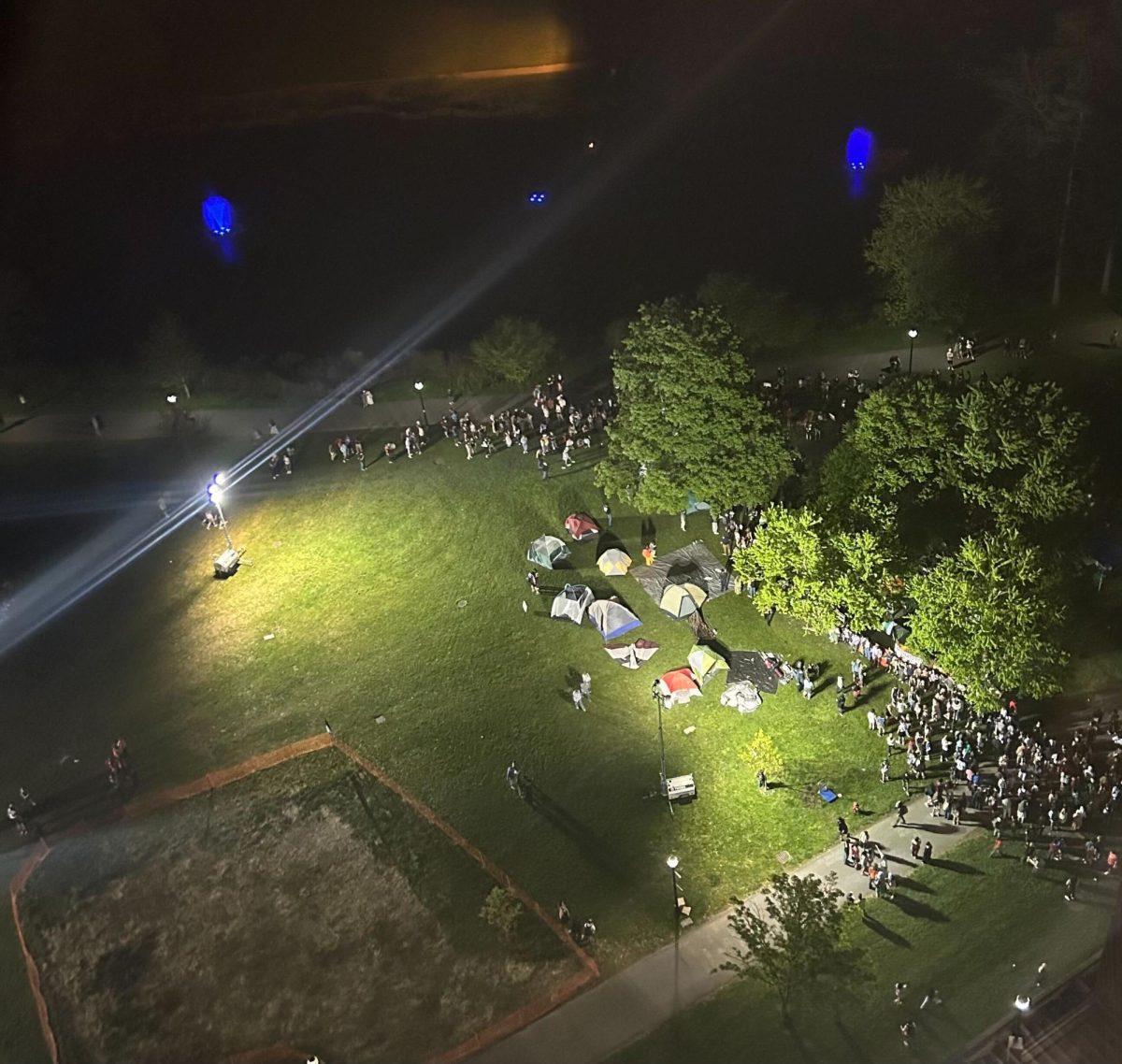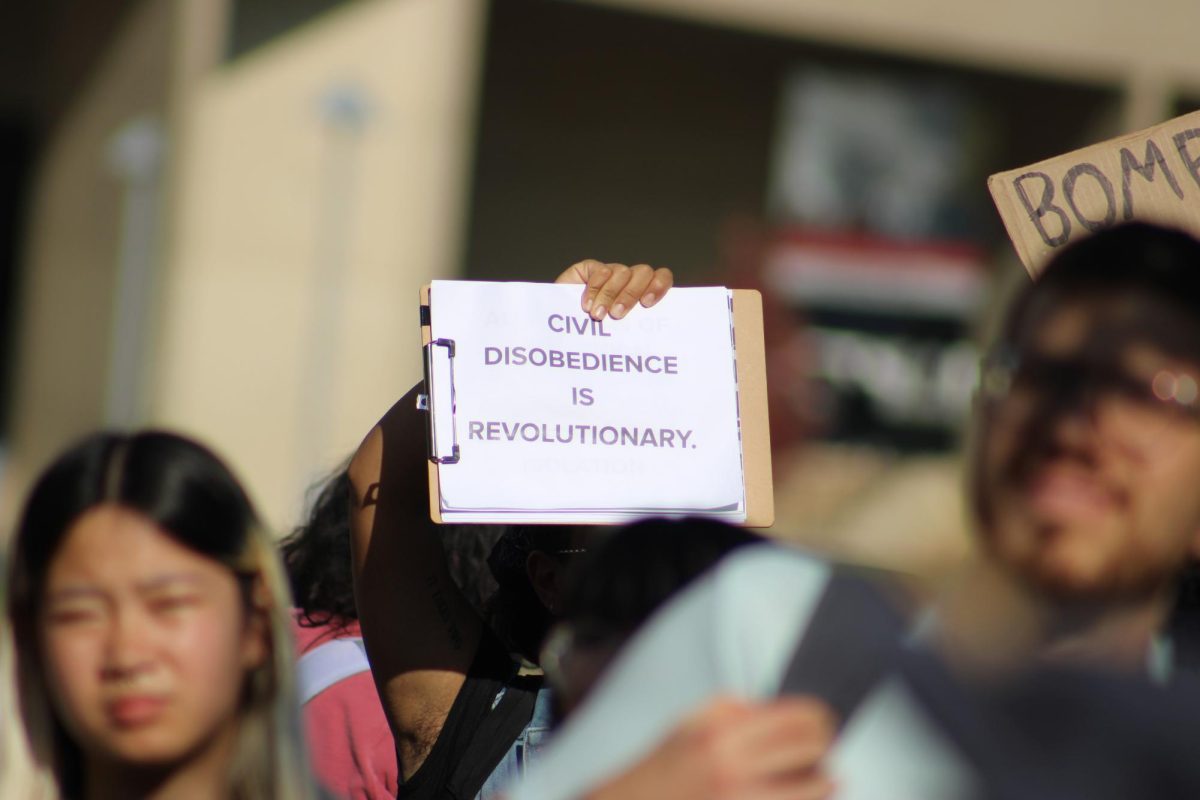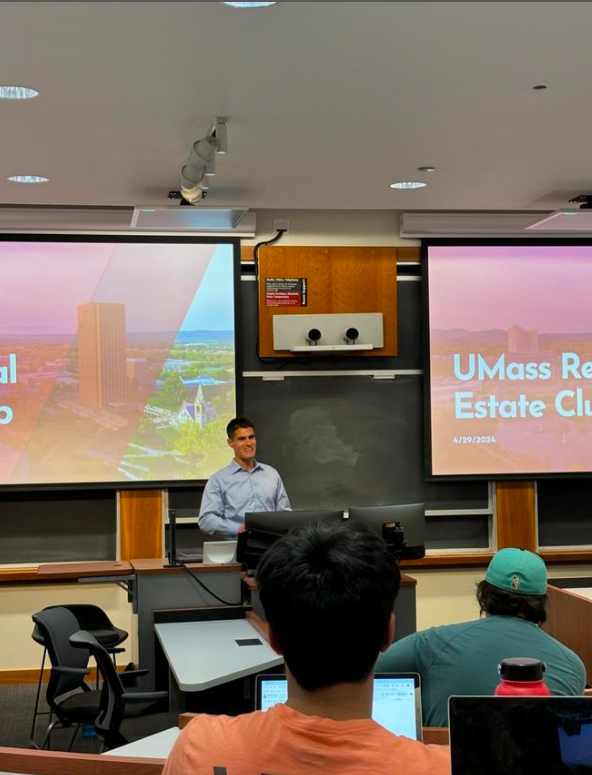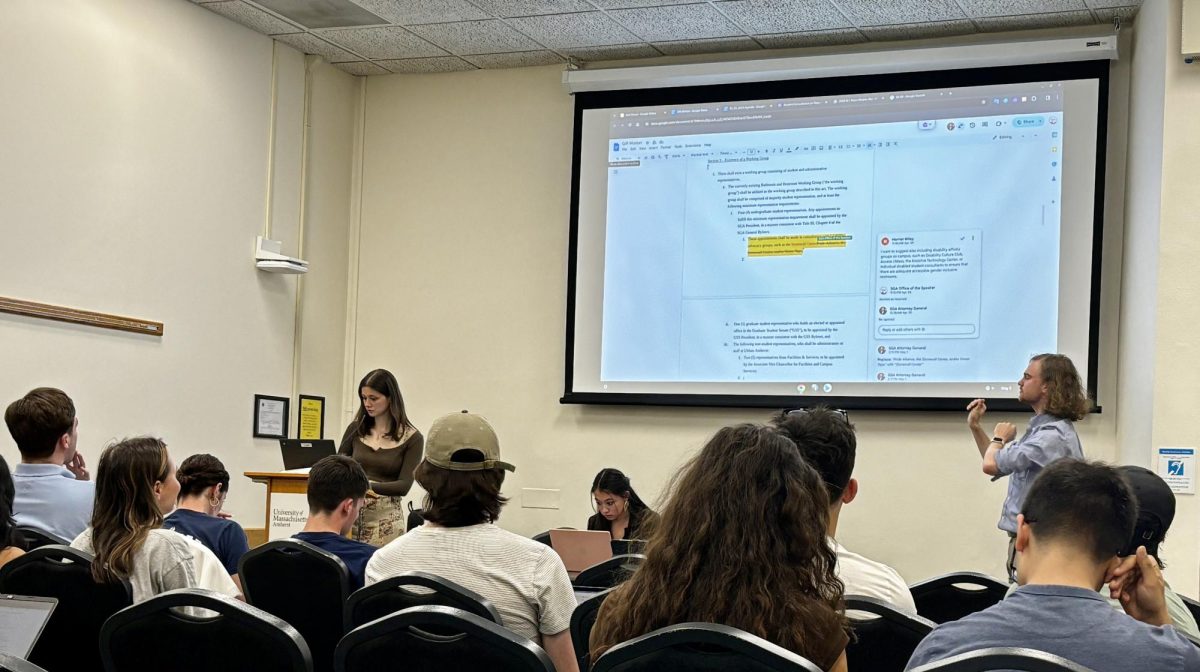Wednesday, Oct. 13 marked the conclusion of the student voting registration. A student coalition consisting of the Student Government Association, MassPIRG, the Center for Educational Policy Advocacy, and the University of Massachusetts Democrats finished registering a total of 1,512 students to vote.
A project that initiated at the beginning of the semester with a table at the Activities Exposition, the coalition expanded to include many other ways of spreading the word.
SGA Student Trustee Mike Fox explained the importance of students registering to vote.
“The more students that are registered to vote equals the more active the students’ voice is in decision making on a larger scale,” said Fox.
Fox works closely with the Board of Trustees for the entire University system and plays a key role in the student’s representation of finances and other campus decisions.
Another key person in the success of the coalition was UMass Democrats president Emily Jacobs. Her main contribution to the project was the administrative and organization tasks, which included contacting students who filled out the registration incorrectly.
“A lot of kids don’t know how to go about registering how to vote,” said Jacobs. “This year is especially important for students to register because it is such a crucial election year in the state of Massachusetts.”
In addition to working on the student coalition, Jacobs is also an active member of the Deval Patrick re-election campaign. Her duties within that organization include canvassing the area, which consists of knocking on people’s doors and figuring out their political stance, educating them, and encouraging them to vote for the campaign’s particular candidates, including current Massachusetts governor Patrick as well as other democratic senators and congressmen.
Jacobs explained that most questions deal with taxes and revenue, these being two key issues that affect students more than they may think. This year in particular, Question Three on the ballot refers to the proposed decrease in sales tax. If this passes, and the sales and tax rates lower to three percent, tuition at public universities would likely increase because of the decrease funds the university would potentially receive.
Senior Amanda Jusino, who works with the Center for Educational Policy Advocacy agreed with Jacobs.
“There is a large negative stigma about taxes, but people have to realize that in some forms they can be beneficial,” explained Jusino.
She added that taxes are a necessary requirement, as they allow funding to the university and support education.
“Taxes help fund this institution. Without the necessary amount of taxes, students would likely see a direct hike in the cost of tuition.”
Jusino said that in the coalition’s pursuit to register as many students as possible, the groups were very specific in drawing attention to the tax questions on the referendum.
The coalition used many different tools by which to encourage and draw interest to students. One way that Jusino helped contribute was by coordinating class residential area programs, in which she had to contact all UMass professors to schedule time in which volunteers would be allowed to take class time to explain the registration process and hand out forms.
Jusino said that the overall plan was met with general praise.
“The strategy was very effective,” said Jusino. “Most professors were very receptive to the idea.”
In addition, the groups took on the task of “dorm-storming,” in which volunteers would knock on every door and educate whoever answered about registering. The committees also spent time tabling in the campus center to attract attention from passers-by.
The three volunteers who were interviewed all agreed that the most important thing was getting the word out in any way possible.
“It was important to us that people were made aware of the availability and accessibility to registering,” said Fox.
“It’s very powerful,” said Jusino. “It is important for students to be aware and recognize the power they have. They have a say in who is elected and the decisions that those elected people make. They are directly affected.”
Overall, all three volunteers agreed that the coalition was an extremely successful one and would like to see bigger and better results in future years. The general consensus of those interviewed was that it is especially important for students to register during election years and to always be educated enough to make smart voting choices.
Ashley Berger can be reached at [email protected].






